Conservative Rabbis Debate Missouri Convention Site
The Conservative movement’s Rabbinical Assembly will meet in September in Missouri, despite concerns within its ranks.
Dave Schechter is a veteran journalist whose career includes writing and producing reports from Israel and elsewhere in the Middle East.
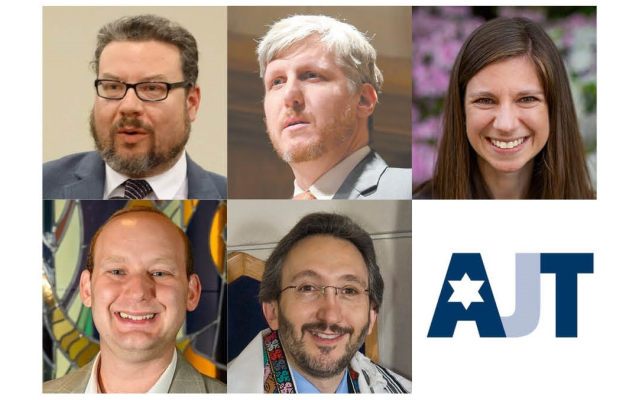
Rabbis representing the Conservative movement will gather in St. Louis, Mo. in November, despite calls for a change of venue prompted by the U.S. Supreme Court ruling that triggered the state’s restrictive abortion law.
Rabbi Daniel Dorsch, of Congregation Etz Chaim in Marietta, applied local experience when asked about the controversy.

“While I do not personally support the Missouri restrictions on halachic grounds, I do know that in Cobb County, we have firsthand experience with ‘being cancelled’ when it came to the All-Star Game. In the end, the people who were hurt by Major League Baseball’s boycott of Cobb County were not Georgia politicians, but my congregants, local businesses, hotels and restaurants, which lost millions of dollars in revenue,” Dorsch said. “To not go, as a rabbi, would be to abandon the Jewish community living there in its moment of need.”
The leadership of the movement’s Rabbinical Assembly in early July sent an email to its members declaring “shamanu,” Hebrew for “we heard,” in this case “calls from some of our colleagues to evaluate the location and focus” of the St. Louis gathering.
Nonetheless, “We are not planning to change the location of our convention. Doing so would only isolate the Jewish community in St. Louis, who share our concerns about the recent decision and many other matters, and who need our presence and support. Further, it would have minimal economic impact on the state, but would have a major impact on hotel workers, kitchen staff and others who are counting on our presence,” read the email from the convention chair, Rabbi Noah Arnow, of Kol Rinah in St. Louis and Rabbi Harold Kravitz, president of the RA.
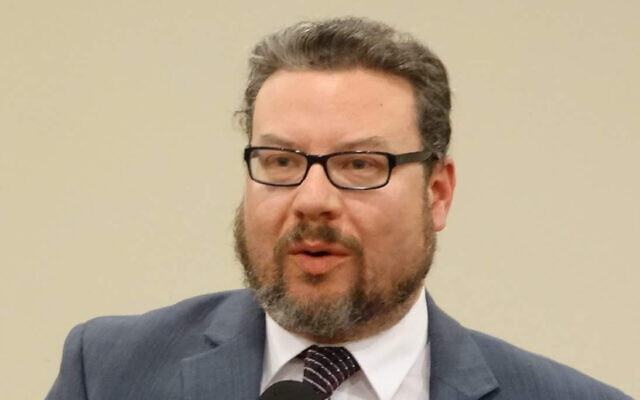
Rabbi Michael Bernstein of Congregation Gesher L’Torah in Alpharetta said, “The RA took a pretty unambiguous stand in favor of reproductive freedom and the question is only about whether moving the convention or keeping the convention is the most effective way to have a voice in this issue.”
The RA declared itself “outraged” by the June 24 ruling by the Supreme Court of the United States (SCOTUS) in a Mississippi case, Dobbs v. Jackson Women’s Health Organization, that access to abortion is not a right protected by the U.S. Constitution.
In a statement, the RA said: “The Committee on Jewish Law and Standards of the Rabbinical Assembly has repeatedly affirmed the right of a pregnant person to choose an abortion in cases where ‘continuation of a pregnancy might cause severe physical or psychological harm, or where the fetus is judged by competent medical opinion as severely defective.’ This position is based on our members’ understanding of relevant biblical and rabbinic sources, which compel us to cherish the sanctity of life, including the potential of life during pregnancy and does not indicate that personhood and human rights begin with conception, but rather with birth as indicated by Exodus 21:22-23.”
Rabbis who responded to the AJT supported the RA’s decision, “but such a decision comes with great responsibility and opportunity,” said Rabbi Laurence Rosenthal of Ahavath Achim Synagogue. “I hope they will theme the convention around these issues and share with the participants the richness and spiritual courage that exists in Judaism regarding reproductive rights and the empowerment of women.”
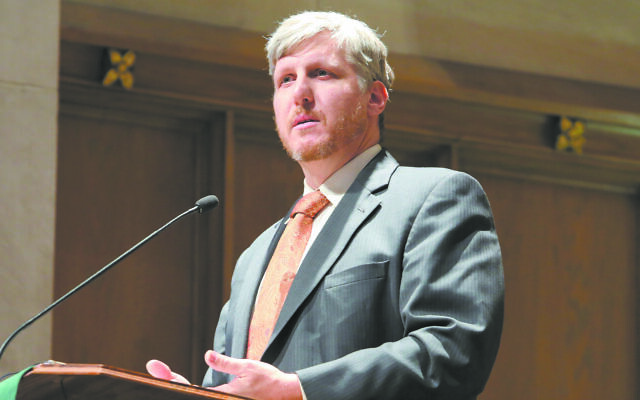
Rabbi Lauren Henderson of Congregation Or Hadash echoed that desire to see the meeting’s agenda reflect what is on her colleagues’ minds. “Soul nourishment cannot be divorced from the issues eating at our soul,” she said. The meeting has been the subject of lively conversation on a listserv of women rabbis, she said.
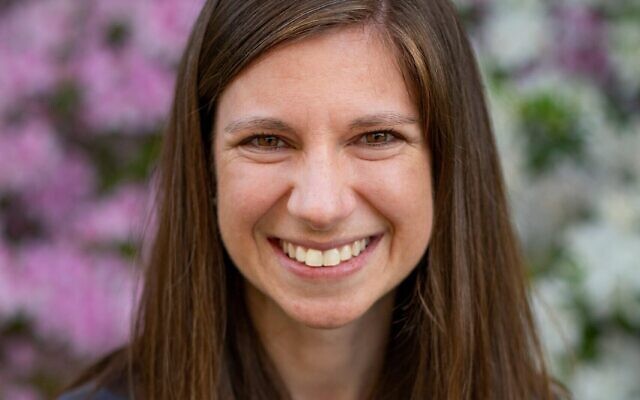
“I plan to attend the convention. I believe the impact we can make as rabbis by drawing attention to the issue while we’re there and engaging in local partnerships on the ground is more impactful than if we pulled out entirely,” Henderson said, adding that she will be about 34 weeks pregnant at the time. “I’m far less personally impacted by the Missouri laws than other pregnant women without the privileges that I hold.”
Rabbi Mark Zimmerman of Congregation Beth Shalom said that he agreed with the decision not to move the convention “since moving it would only serve to isolate the St. Louis Jewish community. And moving our relatively small convention out of state is not going to have much of an economic impact that would in any way appreciably move the needle from a policy standpoint. The Jewish community there (like most Jews) is overwhelmingly pro-choice, so moving the convention would only serve to hurt that community without changing much else.”
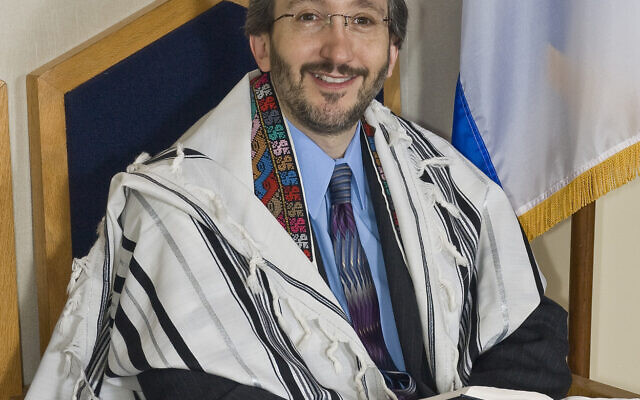
The Missouri law, which went into effect after the SCOTUS ruling, outlaws abortions except in cases of medical emergency, though what qualifies as a medical emergency remains unclear. No exception is made for cases of rape or incest.
In May 2019, the Georgia General Assembly passed and Republican Gov. Brian Kemp signed the “Living Infants Fairness and Equality (LIFE) Act,” a so-called “heartbeat bill” that bans most abortions when a doctor can detect a heartbeat, usually at about six weeks (often before many women know they are pregnant). Current Georgia law permits abortion until 20 weeks into a pregnancy. The new law would ban abortions except in cases of incest, rape or when the mother’s life is endangered.
The new law was ruled unconstitutional in 2020 by a federal district judge in Georgia. In the wake of the SCOTUS ruling in the Mississippi case, Georgia Attorney General Chris Carr asked the federal 11th Circuit Court of Appeals in Atlanta to allow the law to take effect. At this writing, that decision remains before a three-judge panel of the court.
- News
- Local
- Dave Schechter
- St. Louis
- U.S. Supreme Court
- Abortion
- Reproductive rights
- Planned Parenthood
- Roe v. Wade
- Rabbi Daniel Dorsch
- congregation etz chaim
- Major League Baseball
- All Star Game
- Boycott
- Rabbinical Assembly
- Rabbi Noah Arnow
- Rabbi Harold Kravitz
- Rabbi Michael Bernstein
- Congregation Gesher L'Torah
- Dobbs v. Jackson Women’s Health Organization
- U.S. Constitution
- Committee on Jewish Law and Standards of the Rabbinical Assembly
- Exodus 21:22-23
- Rabbi Laurence Rosenthal
- Ahavath Achim Synagogue
- Rabbi Lauren Henderson
- Congregation Or Hadash
- Rabbi Mark Zimmerman
- Congregation Beth Shalom
- Heartbeat Bill



comments